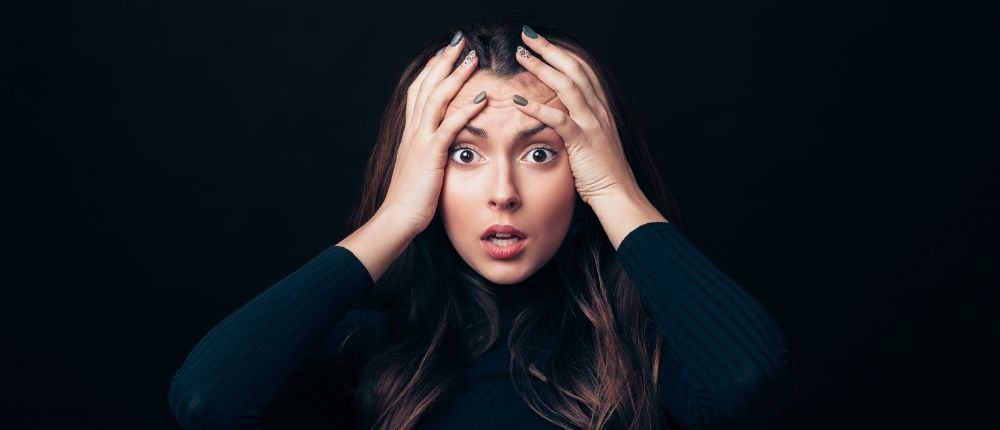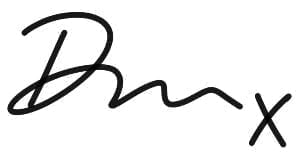
The Next Round: What happens after you change your drinking?


I saw your recent article about withdrawal. If only it was that easy to get help. About 4 years ago, I went to my GP for advice on alcohol withdrawal. They sent me to the drug and alcohol centre, where there was endless paperwork and support groups at times that didn’t work for me. In the end, I just gave up trying to get help. But I’m wondering now, was my drinking problem more serious than I thought? Jo

When I wrote about the subject of withdrawal a couple of weeks back, I discussed how important it is to talk with your doctor about managing alcohol withdrawal symptoms. I’m going to stand by that advice. Stopping drinking suddenly can be dangerous without medical support. And your doctor is always the best first port of call for advice and help. It would be irresponsible for me to say anything different.
But there can be a gap between what should happen when you speak to your doctor, and what actually happens in practice. Especially in these pandemic times, primary care services are stretched to capacity everywhere. Public funding for specialist drug and alcohol services is under pressure too. It would be wonderful if your GP could give you all the time in the world, and could refer you to services that perfectly met your needs. The reality can be different. But I think you understand that.
However, there is an issue lurking in your message that I wanted to address head on – the shock of realising that your problems with drinking are more serious than you thought.
In my work running Club Soda’s courses, I often speak to people about their past experiences of changing their drinking.
Sometimes, people tell me about being referred to local drug and alcohol services and how difficult they found it. They knew that they were drinking too much, but surely only a bit more than normal? Wouldn’t their doctor tell them to cut down a bit, maybe prescribe some medication, and it would all be fine? How did they end up sitting in a waiting room, filling in paperwork? And why were they surrounded by people who seemed nothing like them? Surely they didn’t belong there.
It’s not easy to realise that your drinking problem is more serious than you imagined. But if your friends, family or partner drink like you do, it can be easy to lose track of what moderate drinking looks like. Most people don’t drink every day, and they don’t drink to get drunk. Most people don’t finish the bottle of wine if they are by themselves. If you’ve been drinking to cope with big emotions or have got into a regular routine of drinking too much every day, alcohol may be causing more damage than you realise.
Many people can withdraw safely at home by cutting down their drinking gradually over a few weeks. Sometimes, medication can be useful. But there can be complicating factors like a history of epilepsy, fits or seizures or a mental health condition. Your doctor will want to understand these issues before they advise you, and a referral to a specialist can be part of this process.
The biggest shock is that a stranger looked straight through your carefully managed public persona and saw a human being who needs help
But facing up to the depth of your difficulties with alcohol can be humbling. It can be a challenge to the image you have of yourself. Always remember, it’s your doctor’s job to make sure you get the support you need so you can cut down or stop drinking safely. So it’s important to take what they say seriously and be honest about what is going on. They need to assess you dispassionately and assess the risks ahead. If you don’t understand their recommendations, ask questions. Stand your ground if you think they are wrong. But don’t let pride and denial stop you from getting the support you need.
Because the biggest shock, always, is realising that a stranger has looked straight through your carefully managed public persona and seen a human being who needs help. That help might not be perfect. If you can’t afford to go private, there may be long waiting lists. You may need to make compromises. But honestly, when you’re ready to change, you’ll take whatever help you can get.
If you are coping with the shock of realising you need support to change your drinking, here are three simple things you can do:
But most of all, don’t give up. Help does exist, and so does hope. Keep going.
Cheers

Dru Jaeger runs Club Soda’s courses, which all include a self-assessment to help you understand your risk of alcohol withdrawal symptoms. Start today with our free course, How to Change Your Drinking.
This website uses cookies to improve your experience. We'll assume you're ok with this, but you can opt-out if you wish. Read More
| Name | Domain | Purpose | Expiry | Type |
|---|---|---|---|---|
| wpl_user_preference | joinclubsoda.com | WP GDPR Cookie Consent Preferences. | 1 year | HTTP |
| PHPSESSID | www.tickettailor.com | PHP generic session cookie. | 55 years | HTTP |
| AWSALB | www.tickettailor.com | Amazon Web Services Load Balancer cookie. | 7 days | HTTP |
| YSC | youtube.com | YouTube session cookie. | 55 years | HTTP |
| Name | Domain | Purpose | Expiry | Type |
|---|---|---|---|---|
| VISITOR_INFO1_LIVE | youtube.com | YouTube cookie. | 6 months | HTTP |
| Name | Domain | Purpose | Expiry | Type |
|---|---|---|---|---|
| _ga | joinclubsoda.com | Google Universal Analytics long-time unique user tracking identifier. | 2 years | HTTP |
| sbjs_migrations | joinclubsoda.com | Sourcebuster tracking cookie | 55 years | HTTP |
| sbjs_current_add | joinclubsoda.com | Sourcebuster tracking cookie | 55 years | HTTP |
| sbjs_first_add | joinclubsoda.com | Sourcebuster tracking cookie | 55 years | HTTP |
| sbjs_current | joinclubsoda.com | Sourcebuster tracking cookie | 55 years | HTTP |
| sbjs_first | joinclubsoda.com | Sourcebuster tracking cookie | 55 years | HTTP |
| sbjs_udata | joinclubsoda.com | Sourcebuster tracking cookie | 55 years | HTTP |
| sbjs_session | joinclubsoda.com | SourceBuster Tracking session | Session | HTTP |
| Name | Domain | Purpose | Expiry | Type |
|---|---|---|---|---|
| mailchimp_landing_site | joinclubsoda.com | Mailchimp functional cookie | 28 days | HTTP |
| __cf_bm | tickettailor.com | Generic CloudFlare functional cookie. | Session | HTTP |
| NID | google.com | Google unique id for preferences. | 6 months | HTTP |
| Name | Domain | Purpose | Expiry | Type |
|---|---|---|---|---|
| _ga_10XZMT03ZM | joinclubsoda.com | --- | 2 years | --- |
| AWSALBCORS | www.tickettailor.com | --- | 7 days | --- |
| cf_clearance | tickettailor.com | --- | 1 year | --- |
| VISITOR_PRIVACY_METADATA | youtube.com | --- | 6 months | --- |
Join Club Soda for 10% off your first order of drinks for UK delivery. Plus get our latest news and special offers for members to choose better drinks, change your drinking and connect with others.
If you get an error message with this form, you can also sign up at eepurl.com/dl5hPn